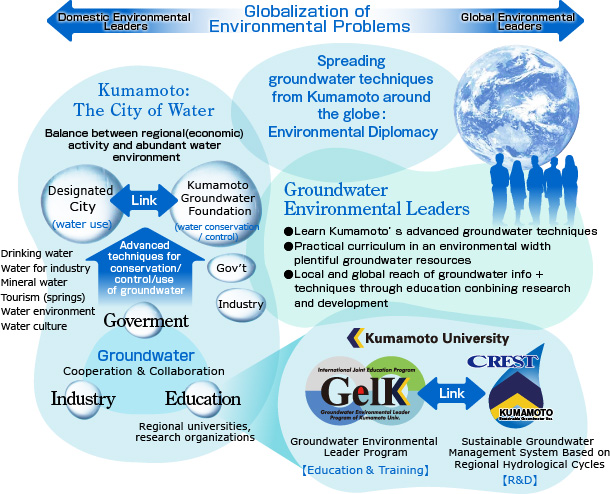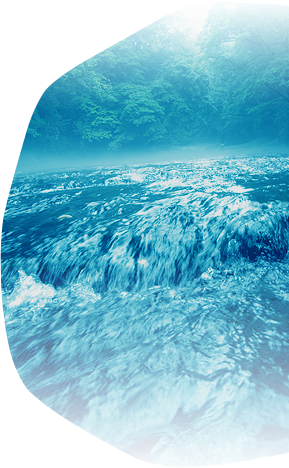Groundwater pollution is a serious problem throughout the world. Pollution of groundwater can occur through a wide range of methods and pathways, thus making progress in understanding its causes and finding solutions difficult.
Most types of pollution are human in origin; common examples are nitric and nitrous acid pollution, volatile organic compound (VOC) pollution, and heavy metals pollution. However, some pollution, such as arsenic pollution, can occur naturally. A single instance of “groundwater pollution” often involves a combination of different pollutants, making the search for a remedy exponentially more difficult. Furthermore, people or business often have vested interests in the cause of the pollution, which can lead to some extremely complicated and delicate situations.
In order to face the growing problem of groundwater pollution, a comprehensive knowledge of groundwater and the related fields is necessary: expertise in groundwater is mandatory, as is familiarity with the location where the pollution is occurring and foresight to understand the potential issues that could arise.
Recent years have witnessed an increase in dependency on groundwater as a stable water resource, in turn leading to a distinctly modern phenomenon termed “water conflict.” Due to the exploitation for profit of water resources that had once been shared among people, serious problems are arising as more and more people are finding themselves without access to water resources.

When encountering one of these various groundwater issues, a wide range of specialists in various fields is necessary in order to propose plans and perform investigations and analysis that may uncover the underlying causes of the problem, which can then be utilized to decide on what actions should be taken until a solution is found. The goal of GelK is to train international environmental leaders with the skills they need in order to tackle the difficult issues surrounding groundwater.
GelK is especially interested in accepting exchange students from the Asian and African regions where increased industrial, agricultural, and urban development are generating rapidly growing dependencies on groundwater. GelK educates these students so that they may actively and effectively combat the issues and needs currently arising in their home countries.
GelK has worked with education and research organizations from around the world to train the best groundwater environmental leaders. Collaborations originally started with educational organizations in Japan, but have since grown to include strong ties with organizations in Africa and throughout Asia, which lead to a number of active internship and exchange student programs that have since formed the nucleus of a tightly-knit international network. Strong relationships have also been forged with research organizations in the U.S. and Europe, offering GelK students special opportunities to attend lectures at international symposiums and participate in intensive courses to learn the latest in groundwater research.

an internship (Cameroon)

groundwater measurement facilities as part of
an internship (Kumamoto Prefectural Office)




